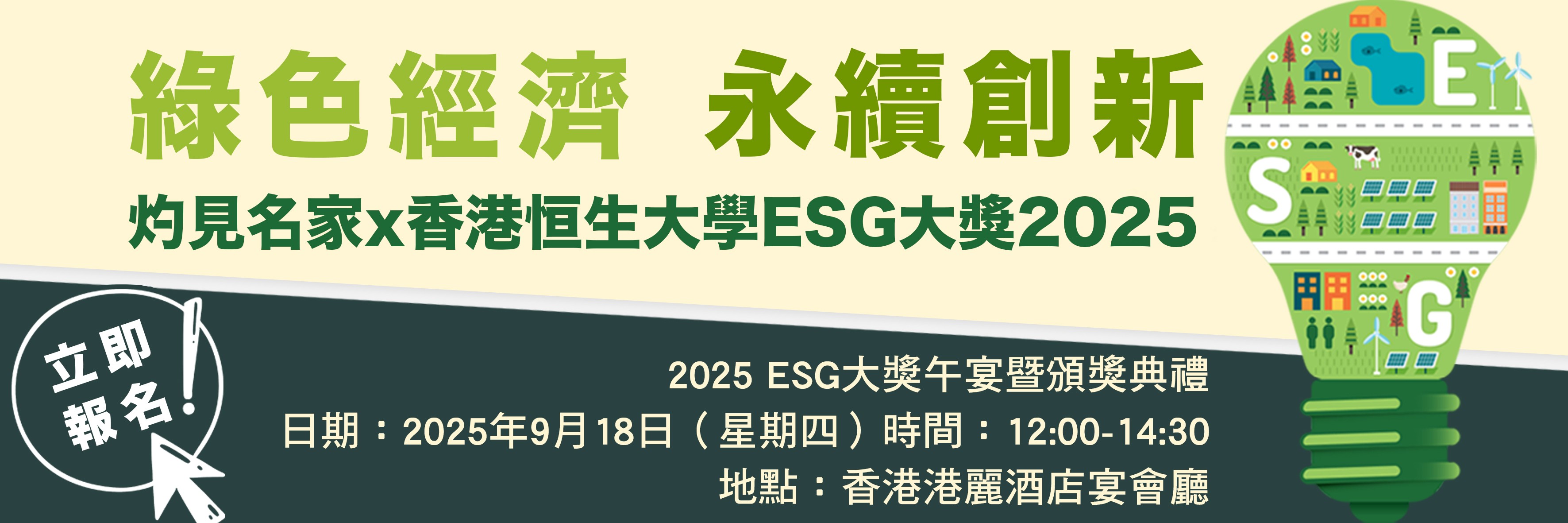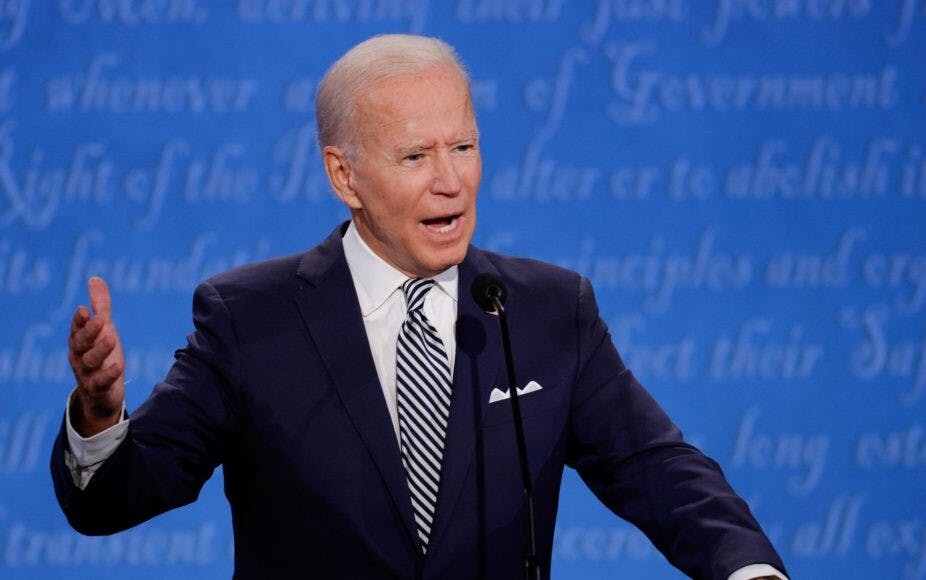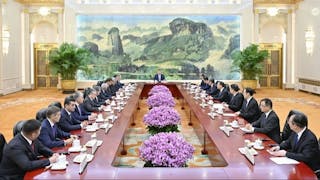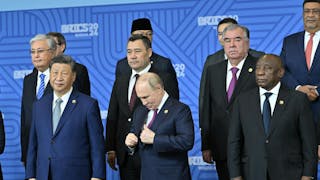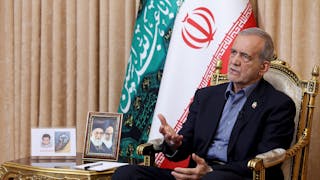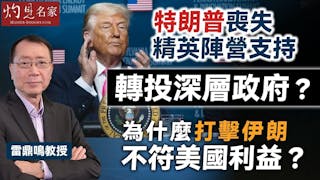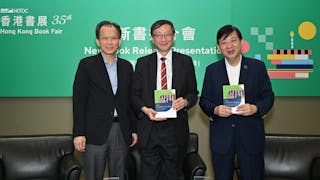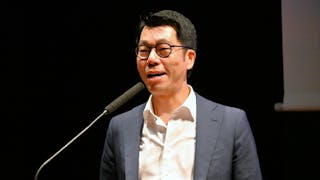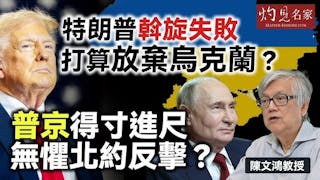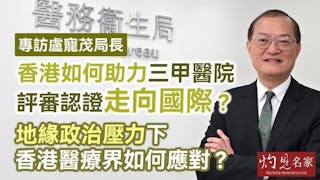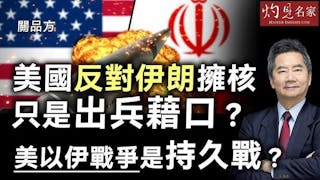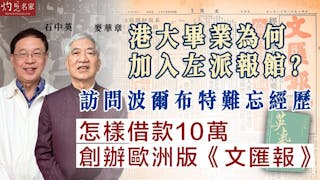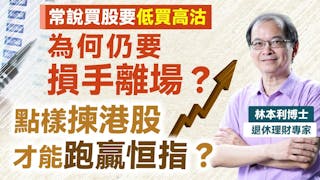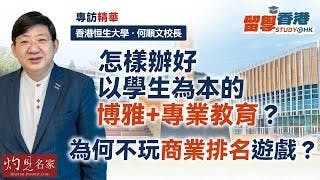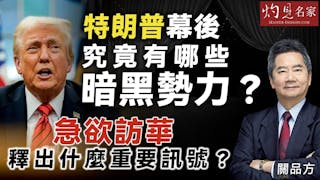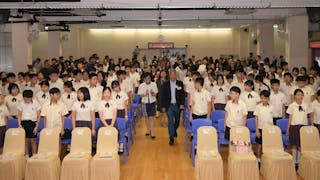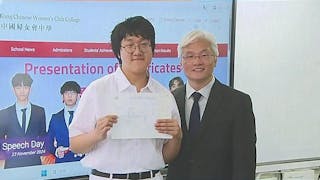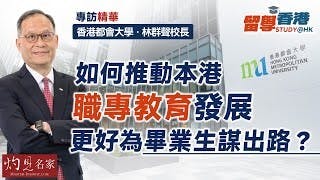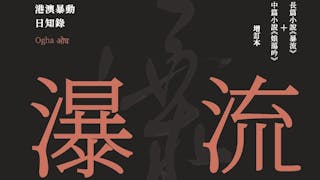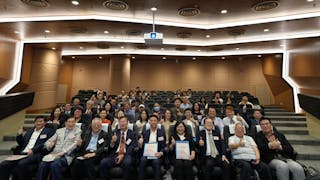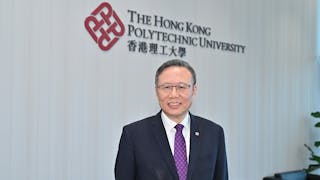儘管全球仍在觀望美國總統選舉的結果,但即將上任的拜登政府可能會對中華人民共和國採取圍堵與接觸相結合的政策;這是一種持續支持台灣政府與香港人權的政策。
美政客倡美在台協會處長「升格」
12月2日,美中經濟與安全審查委員會(CESRC)向國會提交了有關中國的年度報告,包括對中國.台灣和香港的評估。儘管關於香港的部分極盡批評之能事,對台灣的部分卻鼓吹一種新觀點,即美國在台協會(AIT)台北辦事處處長應由總統提名,並通過參議院確認。如果採納這一建議,即意味着美國在台協會台北辦事處處長實際上提升到「大使級」的地位。報告又建議國會修改《台北法》,要求美國政府在每個美方為會員的國際組織中,為解決台灣地位作出努力。
如果上述的一些想法被採納並付諸實施,可以預見中國可能對美國產生的強烈反應。
另一方面,美國總統當選人拜登已表明,他將不會撤回中美貿易談判第一階段中達成美國對中國輸美產品的關稅。 顯然,至少在短期內,拜登新政府將繼續實行特朗普政府對華更嚴厲的貿易政策。
上述報告發表後,海峽兩岸的口水戰似乎升級了。 12月4日,大陸國台辦警告民進黨不得干預香港事務,因為民進黨當局就黃之鋒,周庭和林朗彥入獄發表過評論。
王在希:兩岸和平統一前景渺茫
12月5日,國台辦原副主任王在希出席《環球時報》年會時表示,兩岸和平統一的前景比以往任何時候都更加遙遠。 他補充說,兩岸關係目前處於70年來最為嚴峻的時刻,主要是由於「台灣與美國之間的相互勾連的關係」。
他指出,台灣執政的民進黨蔡英文連「一個中國」都不承認。如果兩岸談判,民進黨當局會被台獨勢力扣上「中共代理人」的帽子。
王在希講話的意義重大,他認為美國是兩岸關係的主要絆腳石。 除非國民黨在不久的將來恢復總統權力,否則台灣的政黨政治將被視為兩岸關係的障礙。 因此,大陸必須「以戰迫和,以武促統,兵臨城下,不戰而屈人之兵」。才可以最大限度地減少傷亡,縮小代價。
拜登新政府料採雙管齊下策略
可以預見,美國政府特別是國會,將繼續對香港採取強硬的人權政策,例如制裁中國和香港的官員,同時為香港的政治異見人士提供保護。
在台灣問題上,拜登新政府可能會採取雙管齊下的策略,繼續向台灣出售武器,並支持台灣加入美國領導下的一些多邊組織。不過,美國在台協會處長的職位是否會提升到「大使級」仍有待觀察,因為這樣的舉動在政治上可能具有挑釁性。
拜登新政府將保持特朗普政府對大陸和台灣的政策的連續性,特別是對華貿易政策和對台售武。最重要的是,拜登可能會採取對中國的圍堵和接觸的混合形式。然而,多邊主義將成為中美之間的共同點,並可能相互參與,對話和討論。
Biden’s Policy Toward China, Taiwan and Hong Kong
Although the world is still watching the result of the US electoral college in the bitterly contested presidential election, the incoming Joe Biden administration will likely adopt a mix of containment and engagement policy toward the People’s Republic of China (PRC), a continuously supportive approach to the Republic of China (ROC) on Taiwan, and a human rights policy on the Hong Kong Special Administrative Region (HKSAR).
On December 2, the US-China Economic and Security Review Commission (CESRC) published an annual report on China to the Congress, including its assessment of the PRC, Taiwan and Hong Kong. While its section on Hong Kong was very critical of the developments there, the section on Taiwan was punctuated by the advocacy of a new idea that the Director of the American Institute in Taiwan (AIT) should be directly nominated by the US President and then approved by the Senate. If this idea were adopted, it would mean a de facto elevation of the status of the AIT Director to an “ambassadorial” level. Moreover, the report suggested that the Congress should, through the revised Taipei Act, request the US government to oppose any attempt at resolving the status of Taiwan by any attempt to be made at international organizations in which the US is a member. Finally, the report called for the Congress to include Taiwan in the multilateral efforts at coordinating and strengthening supply chain cooperation and security through either the expansion of the Global Cooperation and Training Framework program or the creation of a new multilateral arrangement with like-minded democracies.
If some of the aforesaid ideas were adopted and implemented, it can be anticipated that the PRC would likely have strong reactions to the US.
On December 2, the US President-elect Joe Biden remarked that, after he formally becomes the President, he would not withdraw the US tariffs on Chinese products that were the outcome of the first stage of US-China trade negotiations. Clearly, the Trump administration’s tougher trade policy toward China would continue in the new Biden government at least in the short run.
After the CESRC report was published, the war of words between mainland China and Taiwan appeared to escalate. On December 4, the PRC State Council’s Taiwan Affairs Office (TAO) warned the Democratic Progressive Party (DPP) against any interference with Hong Kong affairs, for the DPP authorities had made comments on the imprisonment of Joshua Wong, Agnes Chow and Ivan Lam, who were sentenced to 13 and a half month, ten months, and seven months respectively by the Hong Kong court for their mobilization of some people to surround the police headquarters in June 2019. A mainland researcher, Sheng Jiuyuan, from the Shanghai Academy of Social Sciences criticized the DPP for its failure to understand the fact that those Hong Kong people who violated the law must be penalized legally.
On December 5, a pro-Beijing media in the HKSAR criticized the DPP administration in Taiwan for banning the import of a mainland children book, which according to three DPP legislators conducted “cultural united front” and utilized simplified Chinese characters. The Kuomintang (KMT) in Taiwan criticized the DPP for not only overreacting to the children book published in the mainland, but also acting like Emperor Qin Shihuang who ordered to “burn” the Confucian classics. The children book aimed at depicting how a child interacted with his father, who was a medical doctor dealing with the outbreak of Covid-19, and who could not return home to enjoy the Lunar Chinese New Year. The relationships between the PRC and Taiwan deteriorated in such a way that even a children book imported into Taiwan became heavily politicized.
On December 5, Wang Zaixi, a former deputy director of the State Council’s TAO, attended an annual conference of the Global Timesand remarked that the prospect of peaceful reunification with Taiwan is becoming more remote than ever before. He added that the relations between the two Straits are now at the worst time in seventy years mainly because of the “mutual conspiratorial relations between Taiwan and the US.” Wang said three factors are also shaping the cross-Strait relations, namely Taiwan’s current political system, the target of peaceful dialogue and negotiation, and the social ecology of Taiwan.
Wang criticized the DPP administration for “conspiring” with the US and becoming the American “chess game.” Furthermore, Taiwan has become dominated by party politics, which “altered” the target of peaceful dialogue from the PRC to the US. Finally, Wang remarked that Taiwan’s social ecology has changed in such a way that no party would be willing to discuss with the mainland over the issue of peaceful reunification, for doing so would be labelled as the “agents of the PRC.” Wang added that the reunification with Taiwan cannot be a long waiting game; instead, there must be the use of military force as “an intimidating function” to promote the process of reunification.
Wang’s remarks were significant. He identified the US as the major stumbling block to cross-Strait relations. The development of party politics is seen as a hindrance to cross-Strait relations, unless the KMT would return to presidential power in the distant future. Lastly, the PRC must use military force as a bargaining chip to exert continuous pressure on Taiwan.
Wang’s observation that the DPP deliberately sides with the US does have some evidence. On December 7, it was reported that the DPP government in Taiwan would form a delegation to attend Biden’s inaugural ceremony as the next US president. As early as November 8, Taiwan leader Tsai Ing-wen had already congratulated Biden as the president-elect – a move made seventeen days earlier than PRC President Xi Jinping’s congratulatory message to Biden.
Most importantly, Taiwan has recently decided to buy 300 missiles from the US, which from May to November had already made five announcements of weapons transactions to Taiwan for the sake of increasing the island’s deterrence capability vis-à-vis mainland China.
In response to the US arms sales to Taiwan, on December 8, the PRC State Council’s TAO and Foreign Ministry opposed the American move. Under the Trump administration, there have been so far eleven weapons transactions from the US to Taiwan. It can be anticipated that the Biden administration will not depart significantly from the Republican practices, albeit the frequency may decrease.
On December 4, the US Secretary of State Mike Pompeo announced that the US government terminated several exchange programs between the PRC and the US, saying that these programs were utilized as a “tool” by China to exert its “soft power.” These programs include the Hong Kong Educational and Cultural Program. The worsening US-China relationship has already been entrenched before Joe Biden will swear in formally as the next US President. During the twilight of the Trump administration, Pompeo made a decisive move to counter the PRC and this has already left a legacy to the incoming Biden government.
On December 7, PRC Foreign Minister Wang Yi held a videoconference with a delegation of the US-China Business Council, saying that he hoped for a “stable and healthy” development in US-China relations. He added that both sides should maintain the spirit of non-conflict, non-confrontation, mutual respect and win-win cooperation. It can be said that Wang Yi offered his olive branch to the incoming Biden administration.
After Joe Biden nominated Lloyd Austin to be the next Secretary of Defense, an article written by military analyst Wei Dongxu in Global Times said that Austin’s “military policies will be rational” because he is “a traditional and pragmatic military officer.” Moreover, Wei believed that the US under Biden will adopt a mix of containment and engagement toward China.
In fact, during the presidential election campaign, Biden mentioned that he would like to engage China in multilateral organizations, binding the PRC government to the rules and norms in the international arena. Similarly, vice president-elect Kamala Harris remarked in her election campaign that the US would like to engage China rather than adopting an overtly confrontational policy. She criticized Mike Pence and the Trump administration for hurting some Americans by imposing tariffs on the Chinese products.
Yet, if Biden has already mentioned that he would not change the tariffs on the Chinese products at least in the short run, the newly appointed US trade representative and Taiwan-born Katherine Tai is expected to be continuously principled and tough on China.
As such, it can be anticipated that the incoming Biden administration will be very likely characterized by a policy of congagement, namely a mixture of containment and engagement. Containment will continue as China is perceived by the US as a real military threat, but engagement will also return by utilizing multilateralism.
Coincidentally, China under President Xi Jinping has been emphasizing the importance of multilateralism in its international diplomacy. Therefore, both China and US will very likely engage with each other and debate over various issues in multilateral organizations.
Given the strong American reactions to the enactment of the national security law in the HKSAR in late June 2020, and to the punishment of some protestors for their activities in 2019 and 2020, it can be anticipated that the US government, especially the Congress, will continue to adopt a hardline human rights policy toward Hong Kong, like sanctioning officials from both the PRC and HKSAR while giving more protection to Hong Kong’s political dissidents.
On the issue of Taiwan, the Biden administration will likely adopt a two-pronged strategy, continuing to sell sophisticated weapons to enhance Taiwan’s military capability and supporting Taiwan to join some multilateral organizations under the US leadership. There were reports about Biden’s possible move to establish a summit of democracies. If the Biden administration does so, Taiwan would be very likely invited to be a member of the summit. However, it remains to be seen whether the position of the AIT Director would be upgraded to “ambassadorial” level, for such a move would likely to be politically provocative.
In conclusion, the Trump administration’s policy toward China and Taiwan will have continuities in the incoming Biden government, notably the trade policy on China and arms sales to Taiwan. Above all, Biden and his subordinates will likely adopt a mixture of containment and engagement toward the PRC. Yet, multilateralism will be a commonality between the US and China, with the possibility of mutual engagement, dialogue, and debate. However, multilateralism is one thing, but the American expectation of binding the PRC to the international rules and norms will be another contentious and complex matter that remains to be observed.
原刊於澳門新聞通訊社(MNA)網站,本社獲作者授權轉載。

